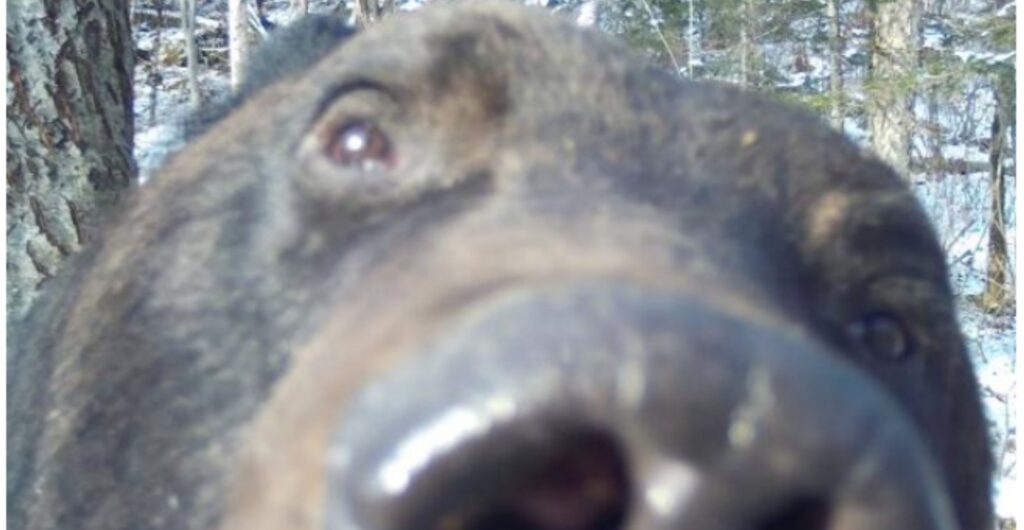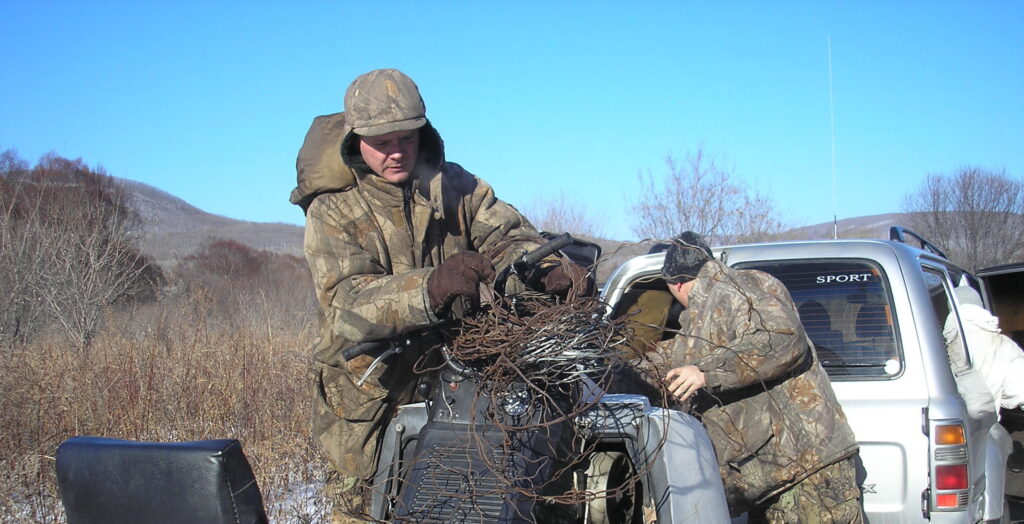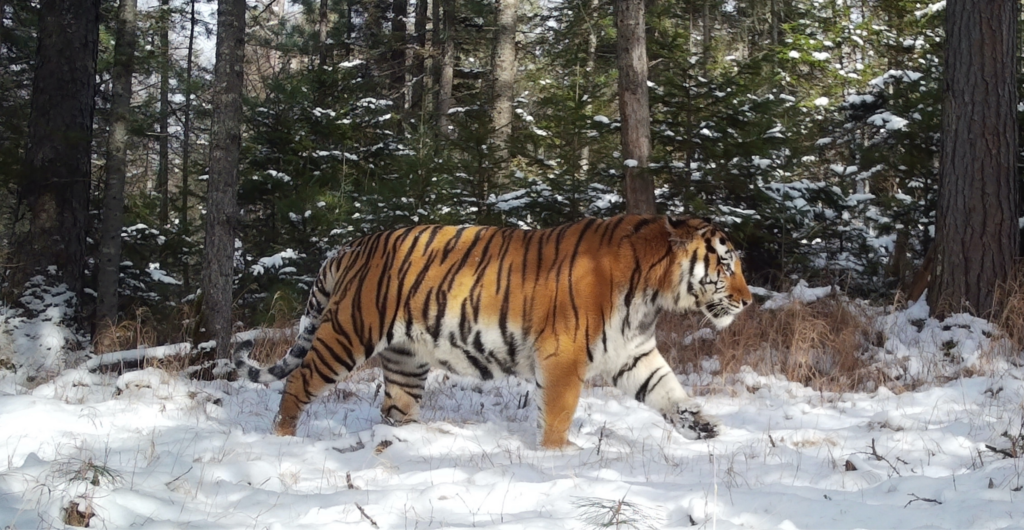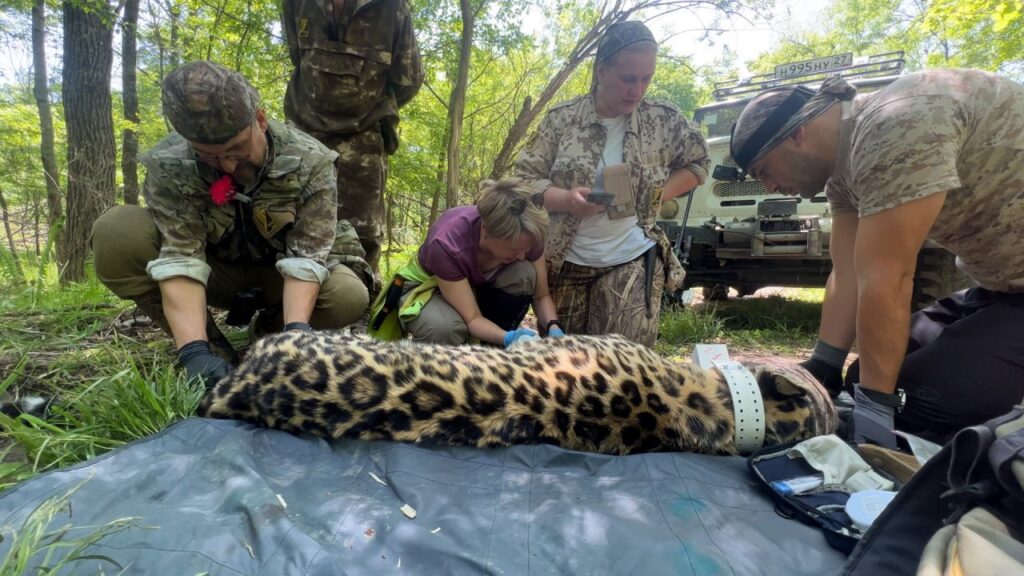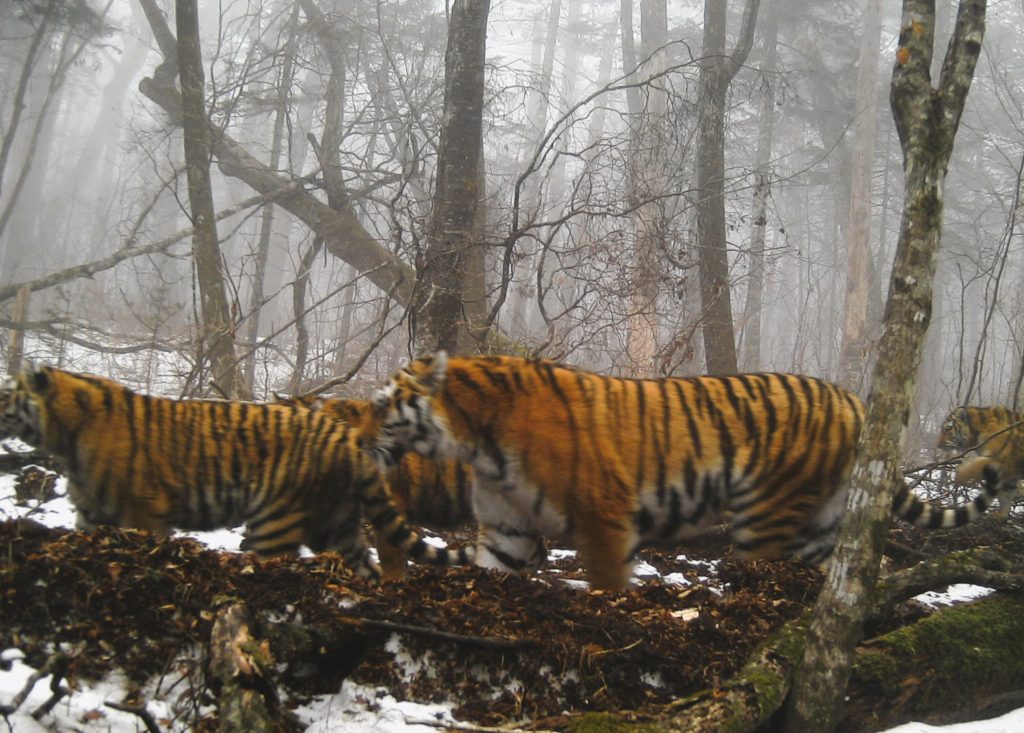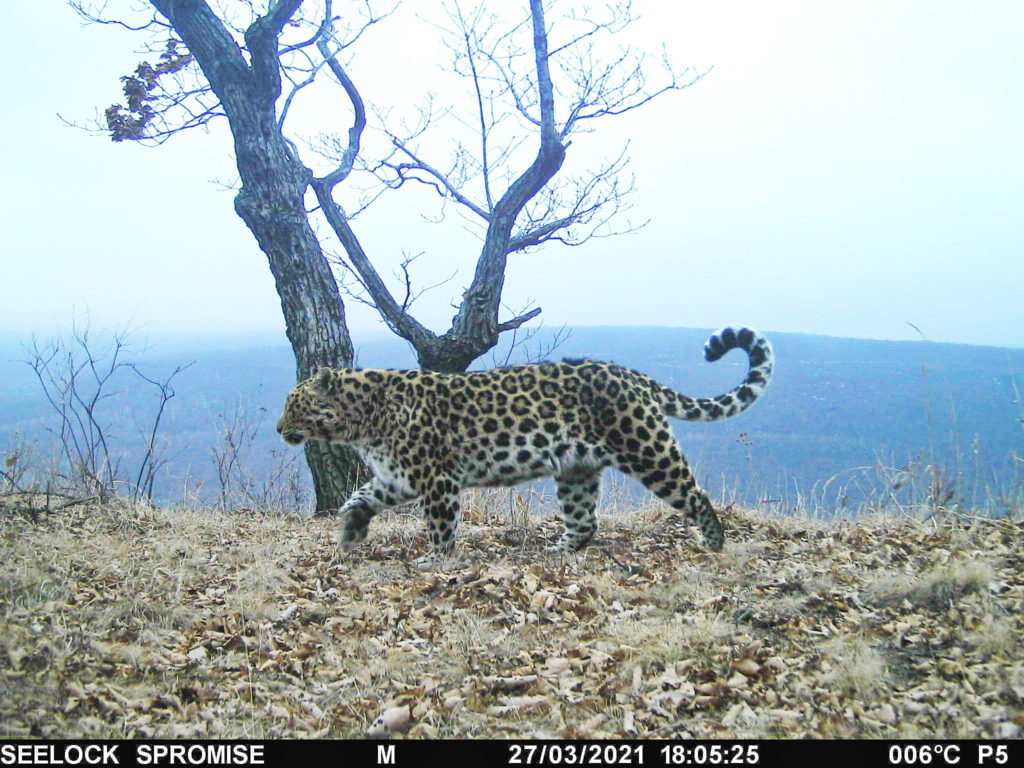Project Name: SMART Antipoaching in the Southern Sikhote-Alin Landscape, Russia
Location: Russian Far East: Southern Sikhote-Alin Landscape
Goal: Collaborations to formalise the use of SMART antipoaching protection monitoring and adaptive protection management in key Russian protected areas Lazo Reserve and Zov Tigra National Park, an important corner of tiger habitat in Russia.
Objective 1: Continue to implement and adapt SMART to the growing needs of Lazovsky Nature Reserve & Zov Tigra National Park administration and staff
Background: These two protected areas, which cover 244km2, act as core breeding habitat in the southeast portion of the Russian Far East, and which are critical for the maintenance of a viable population in this region. The biodiversity of the region is under pressure due to illegal forest resource use, including poaching and illegal logging.
SMART (Spatial Monitoring and Reporting Tool) is a monitoring and evaluation tool used to collect and analyse patrol data. It can provide managers with quantitative and geographically-referenced data that helps target law enforcement and improve anti-poaching efforts. WCS Russia has been working with National Park authorities to help embed SMART since 2015 in other protected areas in the Russian Far East. As the ZSL team leave the area where they have worked for the past 20 years, WCS Russia takes over supporting the park authorities with SMART in Lazovsky Nature Reserve and Zov Tigra National Park.
The WCS SMART Program offers rewards for rangers who perform well (as measured with SMART patrol monitoring data), providing important supplements to meagre government salaries. Support provides essential tools e.g. fuel and spare parts for patrol vehicles, ranger outfits and patrol equipment for conducting effective patrols.
SMART has led to a marked improvement of patrol performance (as measured with the SMART antipoaching patrol monitoring data) at most protected areas where WCS Russia work and provides support where reduced federal government funding for protected areas has shrunk ranger salaries and morale, increased ranger turn-over rate, resulted in poor vehicle maintenance and a shortage of patrol equipment and fuel for patrol vehicles.
You can see the previous WCS projects funded by WildCats in our Archive


